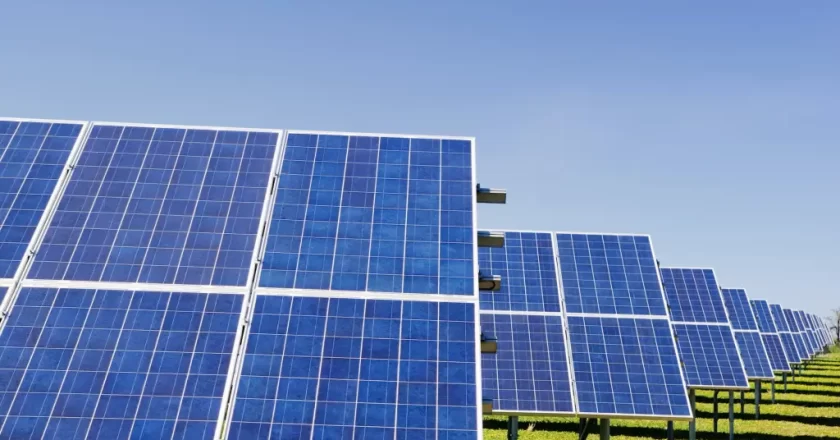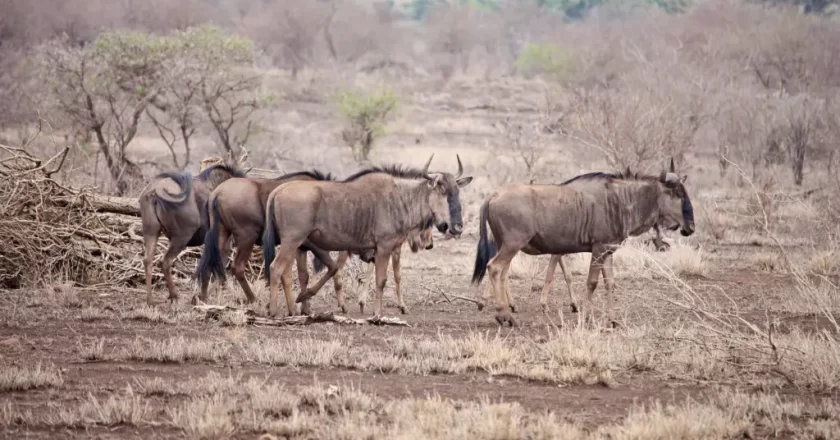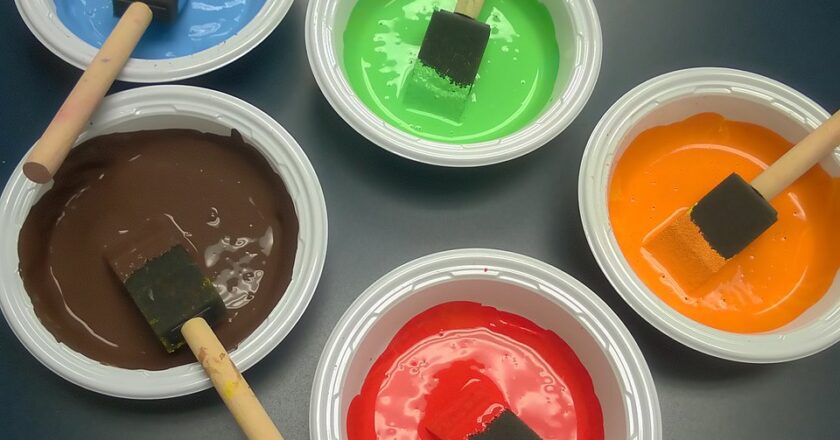Cut reliance on dirty thermal power to speed up clean energy shift
Photo © Zbynek Burival/Unsplash
To make electricity more affordable to Kenyans and spur sustainable social and economic development, President William Ruto’s administration should speed up efforts to displace expensive and dirty thermal power from our electricity grid.
The government aims to transition power generation to 100% clean and affordable sources by 2030. This entails reducing our reliance on thermal power plants which run on imported and polluting heavy fuel oils (HFO), diesel, or kerosene. Without political will, the 2030 target can easily be missed.
Kenya is lauded globally for being a leader in clean electricity, generating 92% of its power from geothermal, wind, and solar. However, electricity remains too costly for local businesses and homes. This ...


